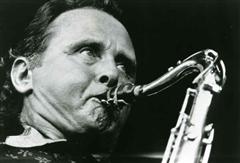
Archives

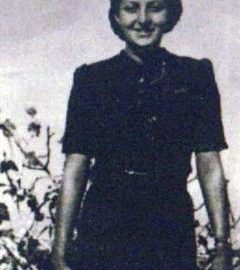
Song of Hannah
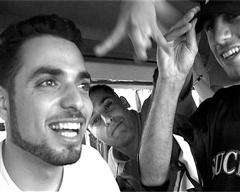
Channels of Rage
Refusenik
REFUSENIK is the first retrospective film to chronicle the thirty-year international movement to free Soviet Jews. What started as a small grassroots movement bold enough to take on a Cold War superpower blossomed into an international human rights crusade that engaged the disempowered and world leaders alike. Told through the eyes of activists on both sides of the Iron Curtain – many of whom survived punishment in Soviet Gulag labor camps – the film isa tapestry of first-person accounts of heroism, sacrifice, and ultimately, liberation.
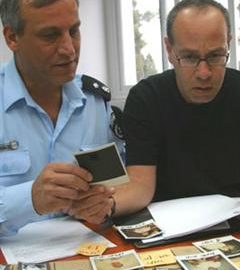
No. 17 is Anonymous
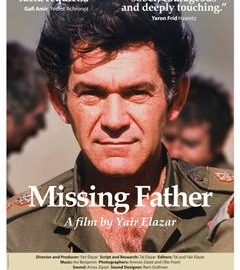
Missing Father
30 years after the death of Lieutenant General David Elazar (Dado), his son, Yair, takes a journey in his footsteps to penetrate the web of myths shrouding his father’s memory.
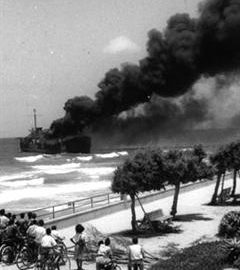
Altalena
This documentary examines the 1948 episode of the Altalena, a ship whose fate nearly incited civil war in the newly-established State of Israel. Immediately after Israel attained statehood, Prime Minister David Ben Gurion established a national army into which several independent Jewish defense forces, small armies with their own political philosophies, were supposed to unite. However, on June 20, 1948, the Altalena arrived off Israel carrying 930 World War II refugees and a stockpile of ammunition amassed by the Irgun (one of the independent defense forces) in direct violation of Ben Gurion’s new military chain-of-command. In the midst of the ship’s landing and a cease-fire in the War of Independence, Ben Gurion gave the order to shell the ship, forcing Jews to fire on Jews and almost sparking a civil war. The late Yitzhak Rabin was one of the participants in this event and is interviewed here along with many other eye witnesses. The controversy surrounding the Altalena affair continues to reverberate in current Israeli politics.

Next Year in … Argentina
Argentinean-born Israeli filmmakers Jorge Gurvich and Shlomo Slutzky met in Buenos Aires in the 1970’s before both men immigrated to Israel. Thirty years later, they take up the question of Jewish-Argentine history, identity and especially attitudes towards Israel. Over a period of six years, Gurvich and Slutzky interviewed a host of Argentinean Jews, examining their decisions to remain in Argentina or emigrate to Israel.
The Argentinean Jews struggle with economic and emotional issues which are often painful. The film reveals the difficulties common to many immigrants, especially Jews in the diaspora who struggle to find a safe and sustaining place for themselves and their families.
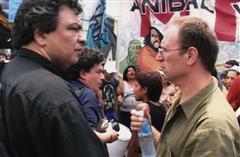
My 100 Children
In the spring of 1945, Polish Jewish Holocaust survivor Lena Kuchlar a young teacher and physiologist, discovered dozens of orphaned Jewish children (ages 3-15) holed up the Jewish Committee Center in Krakow. Inspired by the teachings of Janusz Korczak and employing progressive psychiatric methods, she slowly brought these damaged children back to life. The orphanage she established in Zakopane, Poland, fell pray to antisemitic attacks and in 1949 she smuggled the children out of Poland, first to France and eventually to Israel, to Schiller Kibbutz. My 100 Children is based on Kuchlar’s best selling, watershed 1959 autobiography. The book was translated into fourteen languages and Kuchlar became a minor celebrity in Israel, appearing on television and throughout the country.
My 100 Children includes moving interviews with Kuchlar’s own daughter and many of Kuchlar’s “children” who recall the dramatic events.

Appelfeld’s Table
Imagination, memories and fiction all mixed together portraying the world and life of the Israeli writer Aharon Appelfeld. The film revolves around the renown author’s daily pilgrimages to the Anna Ticho House in Jerusalem, whose café he uses as a study and a meeting place with friends and colleagues. Appelfeld’s dramatic personal story is enriched by excerpts from his writings with an attempt to understand the creative process.
